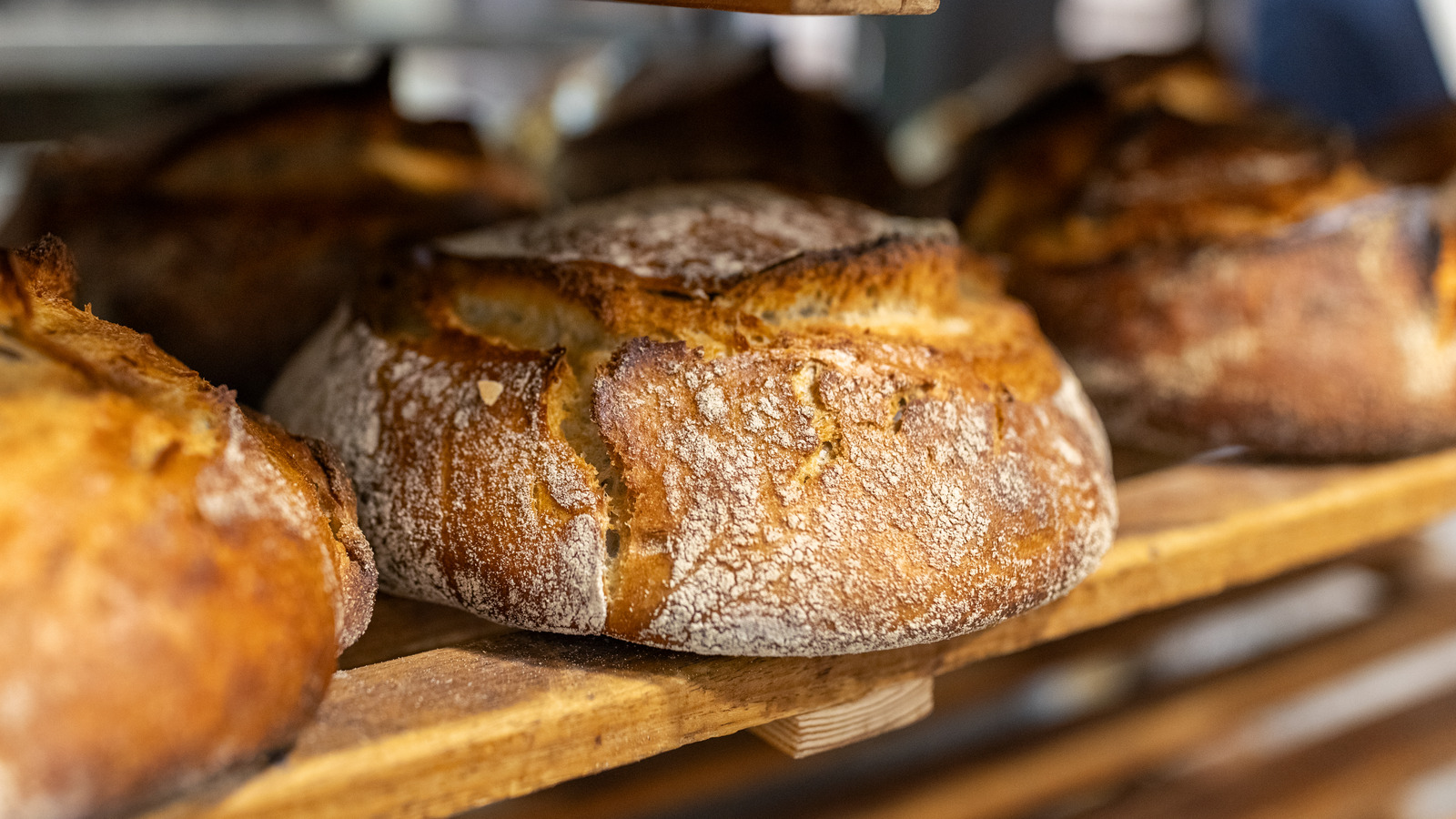
"All you need is flour, water, salt, and a sourdough starter - et voila, sourdough dough. But looking at the label for many loaves of sourdough sold at bakeries (especially supermarket bakeries), you might find the ingredient list to be far longer, containing everything from vinegar and acetic acid to sugar and malt. All of these indicate "fake" sourdough, or as some like to call them, "sour faux.""
"If you take a very close look at the label, you'll find many loaves with a strange and rather disconcerting fine print: "May contain bioengineered food ingredients." It means exactly what you think it is: somewhere in there is an ingredient that's been bioengineered. In other words, it's GMO. Typically, they don't tell you exactly what ingredient it is. However, in store-bought sourdough, there's a long list of suspects. The flour could've been milled from GMO wheat, for instance,"
Sourdough traditionally requires only flour, water, salt and a starter for fermentation. Many commercial loaves include additives such as vinegar, acetic acid, sugar, malt, and fortified vitamins that mimic sour flavor and composition. These additives produce imitation breads often labeled as "sour faux." Some packaged loaves also carry "May contain bioengineered food ingredients," indicating possible GMO components like flour from GMO wheat or GMO soybean oil. Labels frequently omit which ingredient is bioengineered. Genuine sourdough is best made from heritage wheat and fermented with wild yeast without additives or bioengineered ingredients.
Read at Tasting Table
Unable to calculate read time
Collection
[
|
...
]